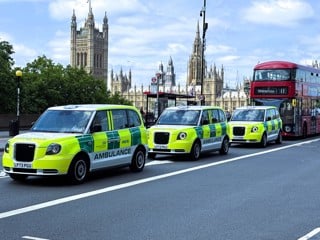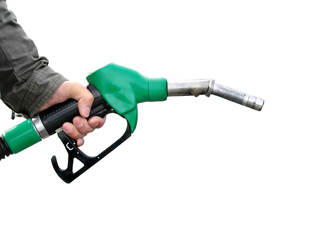“Downsizing also forces drivers to be more frugal about what they carry. Les weight means less fuel,” adds Hammonds.
Last year, he retro-fitted Fuel Angels systems across the fleet to prevent misfuelling at a cost of £30 per vehicle.
The year prior, the company had four engine failures from misfuelling each costing £4,500, plus numerous system drains which resulted in vehicle downtime.
Hammonds expects to save £30,000-40,000 a year.
Combined, his tactics on fuel are likely to save Mears more than £1 million a year.
Hammonds divides his fleet strategy into long-term and short-term priorities.
Long-term – the next three to four years – the main concern is to consider the next change cycles for vehicles; more immediately, over the next 12 months, the focus is on refining processes, reviewing funding options and reassessing the fuel saving tactics.
Rising costs is a constant challenge, which requires a continual assessment of fleet performance – “it’s not a one-off job”, he says.
Hammonds reports to the finance director and believes it is a fundamental part of his job to understand Mears’s broader business objectives.
“I defy any company to look at their balance sheet and see where vehicles sit. It’s probably the number three cost, after wages and possibly materials,” Hammonds says.
“It’s such an important part of the operation. If you get the fleet wrong, you can’t deliver the service or do the job.”
Health and safety: when do drivers take responsibility?
At which point under health and safety, duty of care and risk management do drivers become responsible for their own actions?
It’s an issue vexing Jo Hammonds as he ponders a question about Mears’s policy on eyesight tests.
The company has one, of course, – it falls under the policy requirement for a full medical declaration – while spot checks are carried out by the regional team on an ad hoc basis. But there is no formal structure for regular testing.
“Whose responsibility is it?” Hammonds asks.
“How much do you have to look after the drivers before they are responsible for their own actions?”
“Everything we do is absolving individuals from their responsibility,” Hammonds adds.
“Take driving licence checks. There’s the responsibility of the individual to say ‘I have three points’ this week.”
Mears’s policy requires drivers to inform the company as soon as there are any changes in their circumstances.
Drivers also have to carry out weekly safety checks on their vehicles during which they have to sign a declaration to say that nothing has changed.
“That will provide adequate cover for the company,” Hammonds says.

























Jonathan Trained - 07/08/2015 15:31
I have had a driving ban in the past but no points on my license. Can I work for Mears?